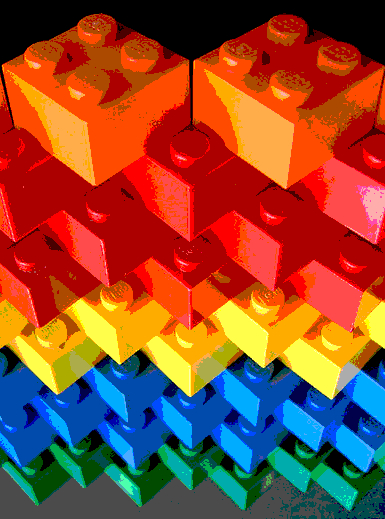57-storey super-build sets pre-fab benchmark
 A Chinese construction company has put together the world’s tallest pre-fab tower in less than three weeks.
A Chinese construction company has put together the world’s tallest pre-fab tower in less than three weeks.
It is the latest benchmark in China’s mission to advance cutting-edge pre-fab construction techniques, to rapidly create fresh building stock that can handle the country’s mass urbanisation drive.
Hunan-based Broad Sustainable Building (BSB) now claims to be the fastest building company in the world.
BSB recently finished a 57-storey skyscraper in less than three weeks of on-site time, taking advantage of prefabricated building methods.
The Mini Sky City in the Hunan province capital of Changsha contains 800 apartments, 19 atriums, and office space for 4,000 workers.
BSB assembled the entire structure in 19 working days, using modular construction methods to build at a rate of three storeys per day.
“This is definitely the fastest speed in our industry,” said BSB vice-president Xiao Changgeng.
Weather hazards meant work on the building was completed in two stage, with the first 20 storeys going up in 2014 and final 37 during the first half of February this year.
The 19-day building blitz was preceded by four and a half months of factory work, assembling the 2,736 modules that make up the majority of building.
But even with the extensive preparations, BSB claims the modular construction techniques enabled it to save on labour and equipment costs, using 15,000 fewer truckloads of concrete as compared conventional methods.
The modular techniques may be made redundant just as they hit their stride, as China is emerging as a frontrunner in a different race - construction using additive manufacturing techniques.
Jiangsu-based Winsun is making similar claims to those of BSB on the future of multi-storey structures built at record-breaking speeds, but in its case it will be using 3D printing methods for the new age of construction.
With a staggering 100 million rural residents expected to flock to China's cities over the next decade, innovative building techniques such as prefab construction will be needed to create the huge amount of new buildings required to cope, in less time for lower cost, at minimal environmental impact.
Sarah Bachmann, CEO of the National Precast Concrete Association Australia (NPCAA), says advanced techniques are making waves in Australia too.
“We estimated that at least a 35 per cent reduction in build time can be achieved, which translates into cost savings from less labour, equipment hire and site time,” Ms Bachmann told industry press Sourceable.
“Earlier completion of the building also means faster returns on investment – you can get tenants in sooner.”
“There is no waste with precast,” she said, plugging the material and environmental improvements.
“A precast project means less time on site, less equipment, less third party trades and a cleaner, safer site with less waste and less disruption to surrounding properties,” Bachmann said.








 Print
Print